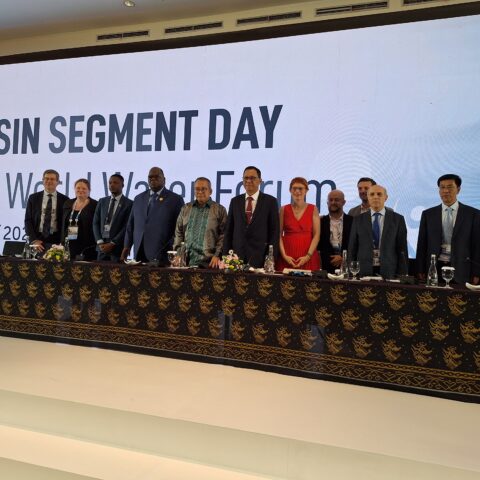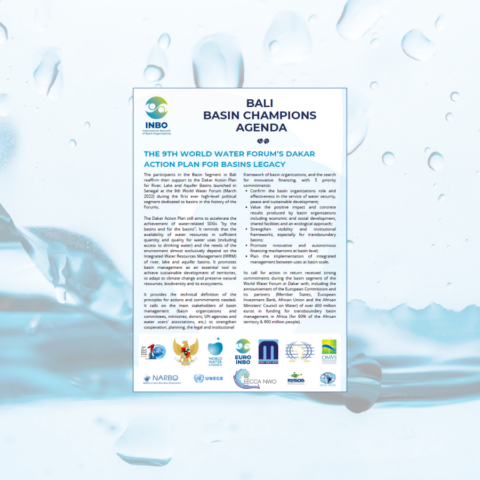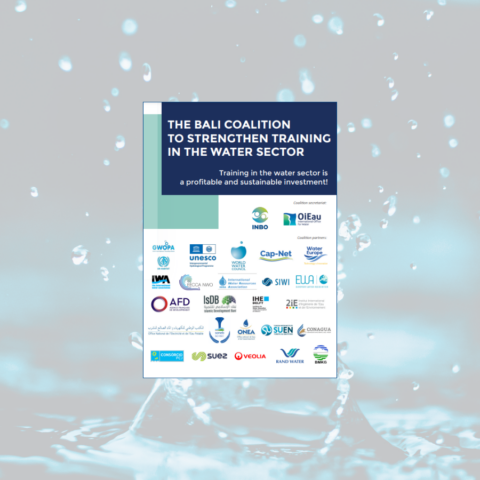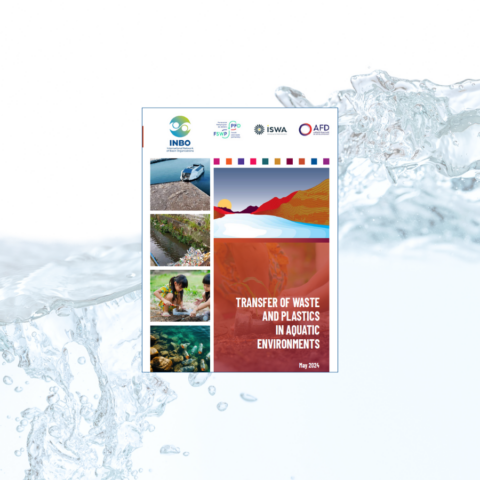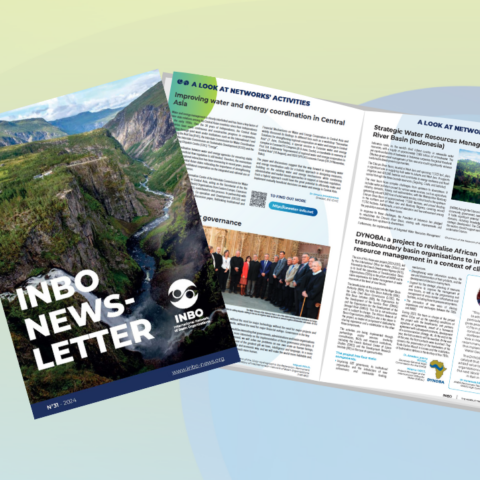
Since its creation, INBO’s objective has been to promote Integrated Water Resources Management (IWRM) at a river, lake and groundwater basins level, for a reasoned and sustainable and use of this common asset.
At international level, IRWM has progressively gained acceptance and is now seen as a valuable and effective tool for sustainable development, for guaranteeing the availability of resources, in sufficient quality and quantity for all the uses, and in particular for universal access of drinking water.
The Earth Summit in 1992 was the first significant recognition of IWRM, and the adoption of Sustainable Development Goals (SDGs) in 2015, marks a real institutional and political consecreation with keys elements.
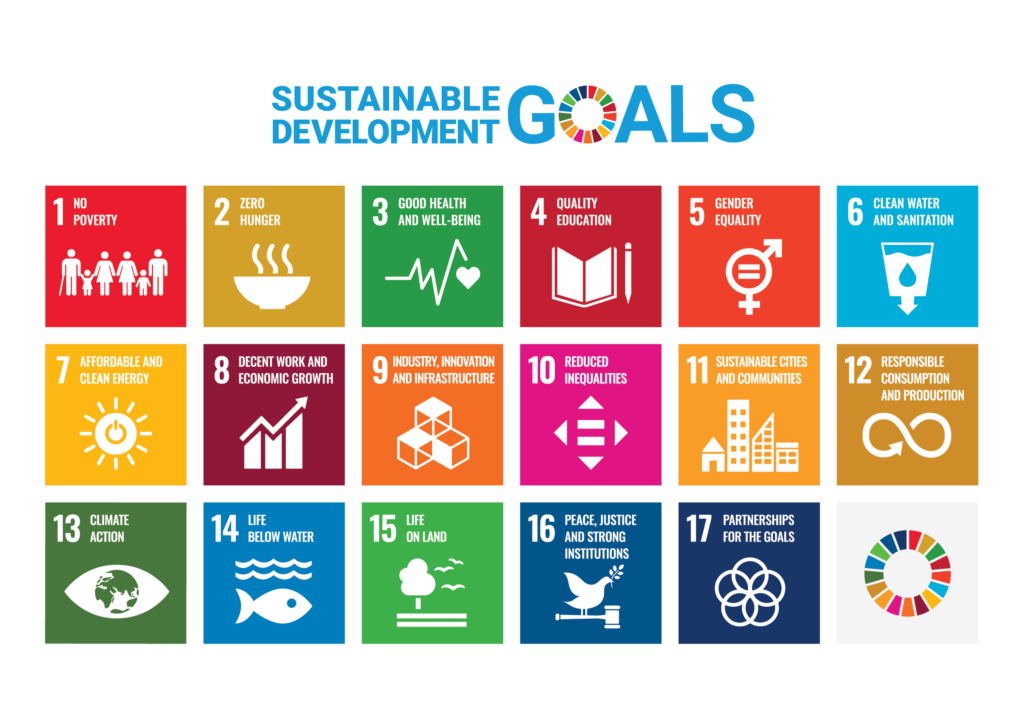
The SDG 6 “Clean water and sanitation” has set as one of its targets “By 2030, ensure Integrated Water Resources Management at all levels, including through transboundary cooperation as appropriate” (6.5).
Two measures major indicators have been selected to measure its achievement.
In one hand, the “Degree of implementation of Integrated Water Resouces Management” (6.5.1), and in the other hand, the “Proportion of the surface area of transboundary basin benefiting from an operational cooperation mechanism in the water sector” (6.5.2).
States around the world have set themselves the aim of creating and improving governance, legal and institutional frameworks (in particulier basin organization and basin committees), publics policies and funding dedicated to Integrated Water Management Resources (IWRM) at basin level.
The political priority given to IWRM is a means of accelerating the achievement of Sustainable Development Goals.
It also enables us to meet achieve 3 major challenges:
Climate Change Adaptation
Biodiversity Preservation
Transboundary Cooperation

